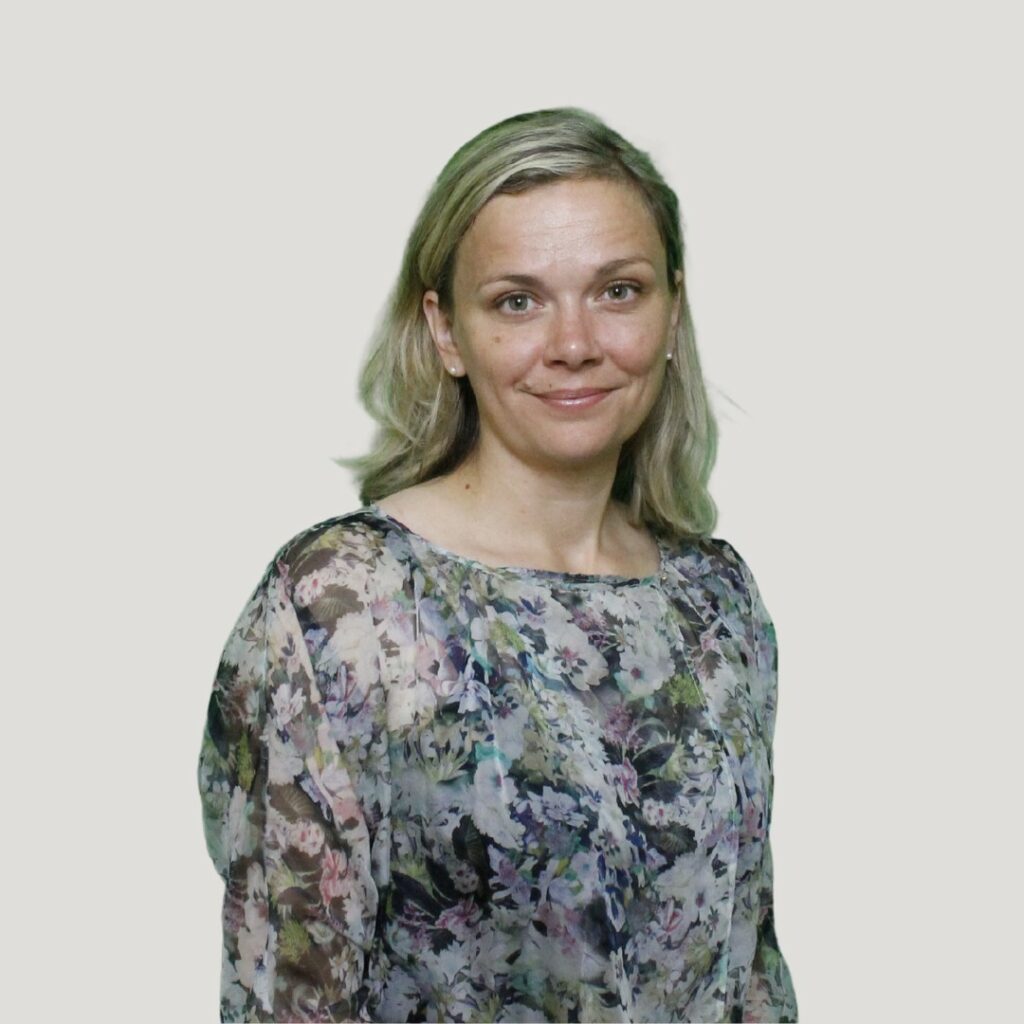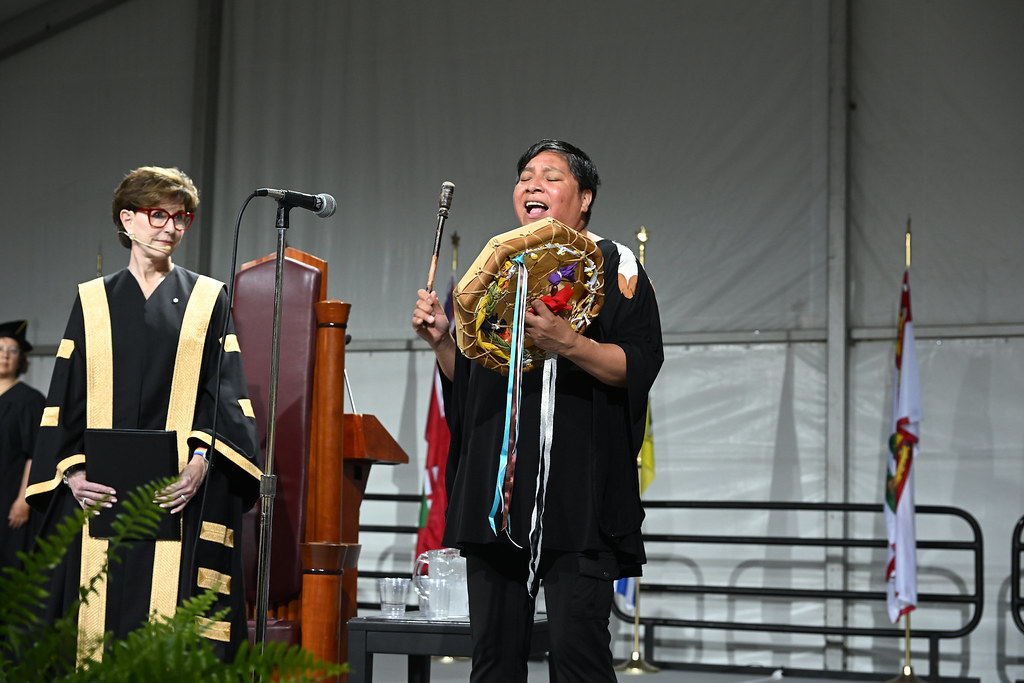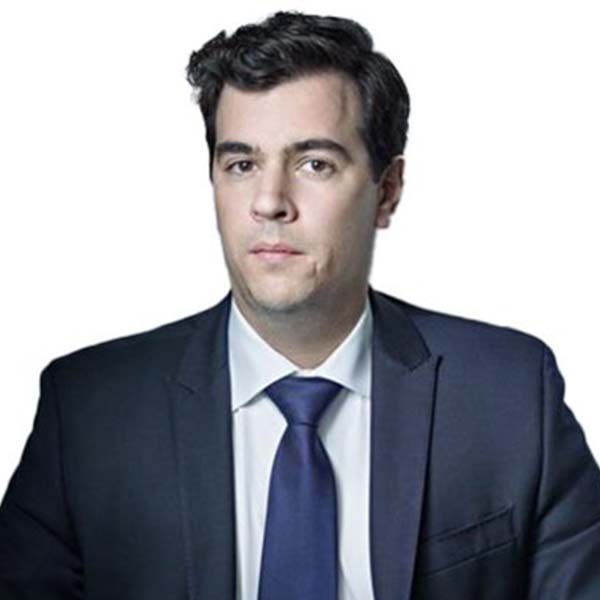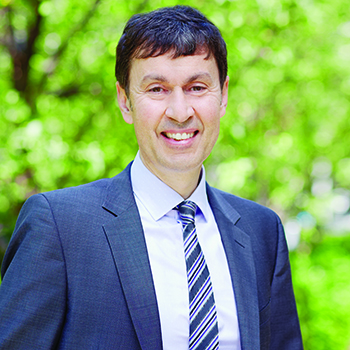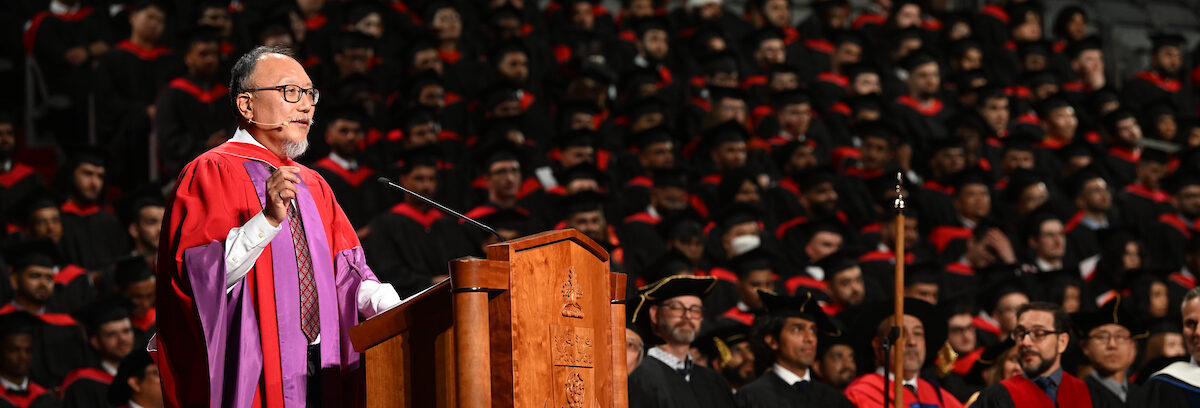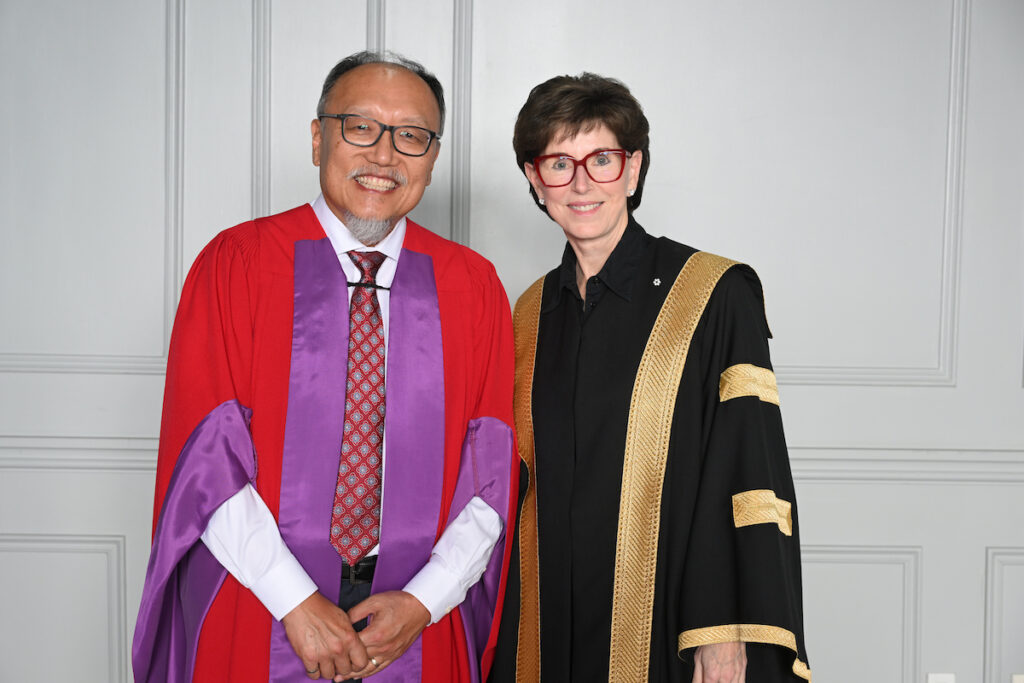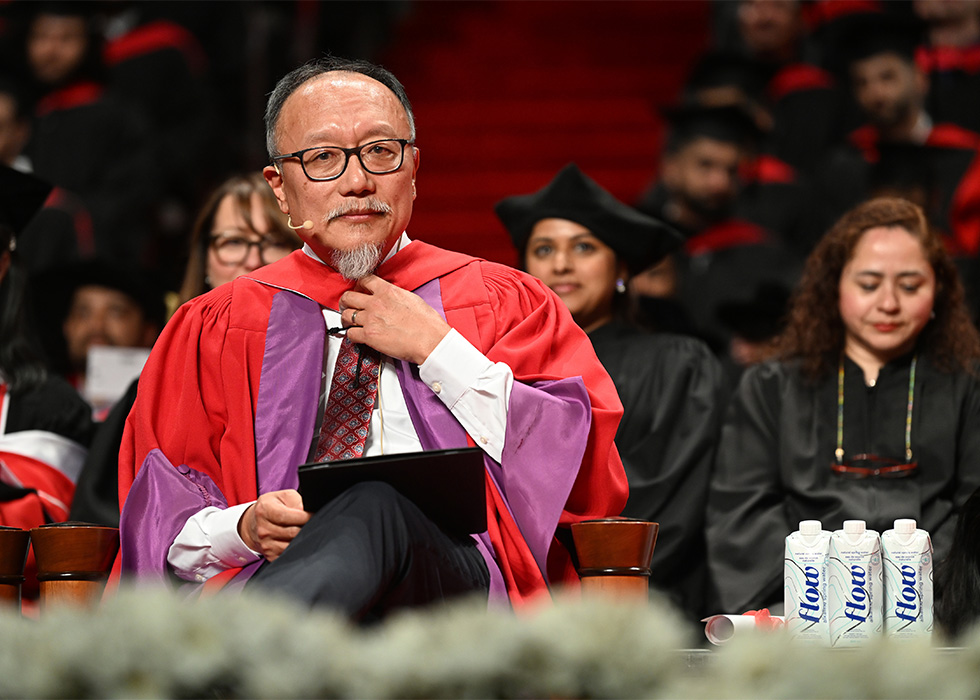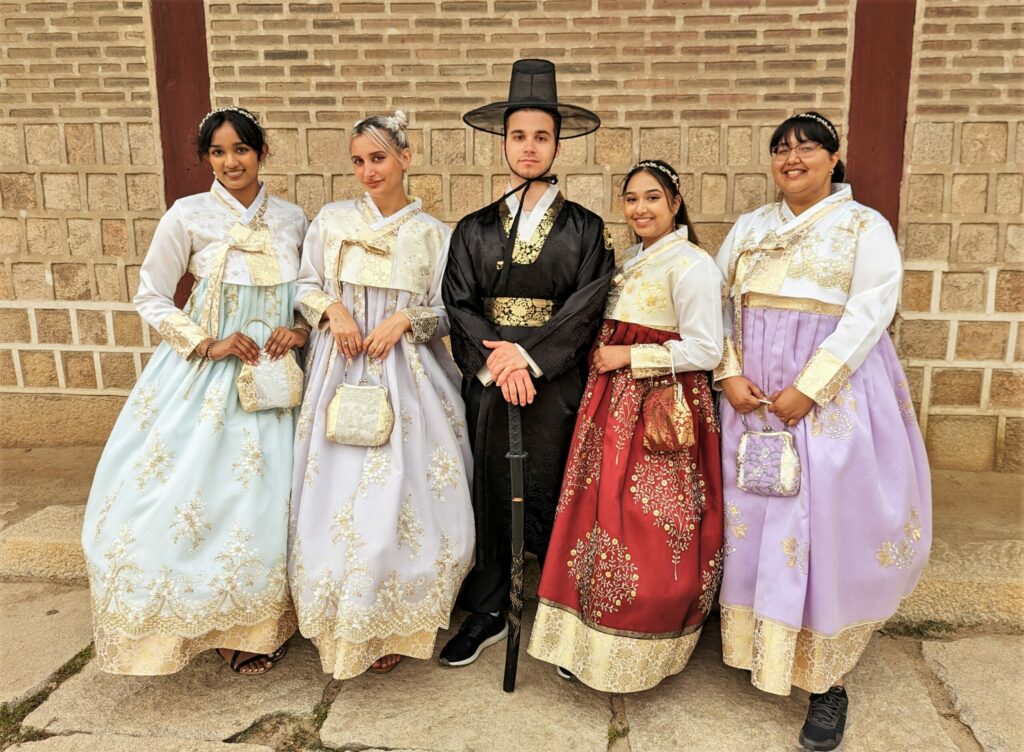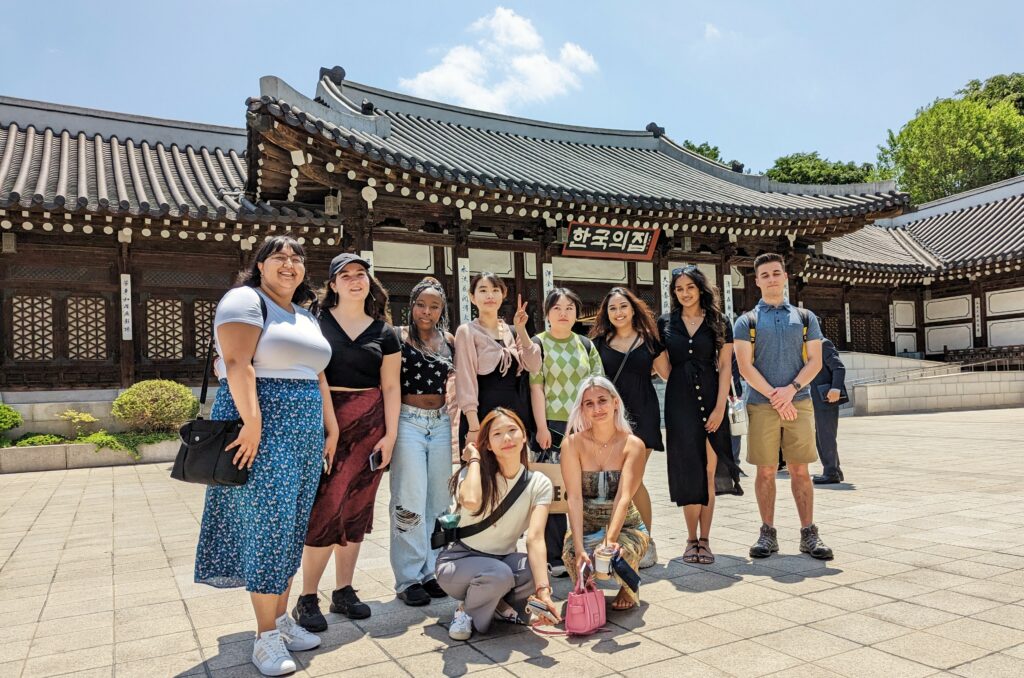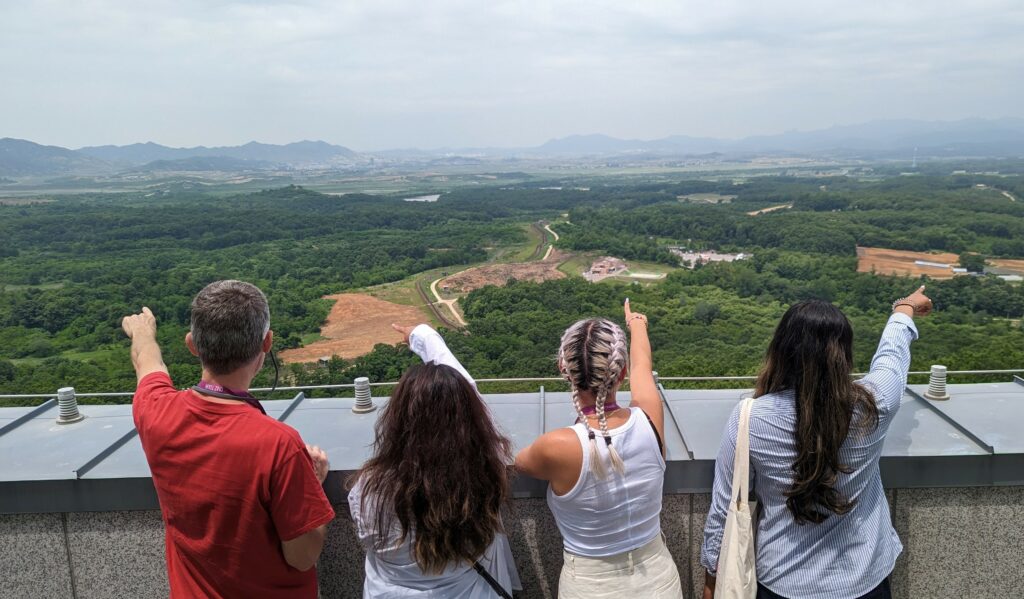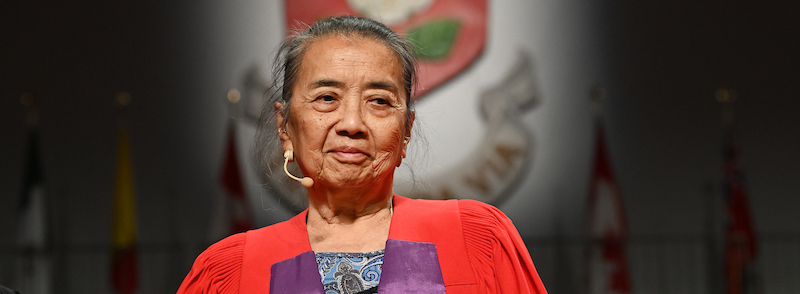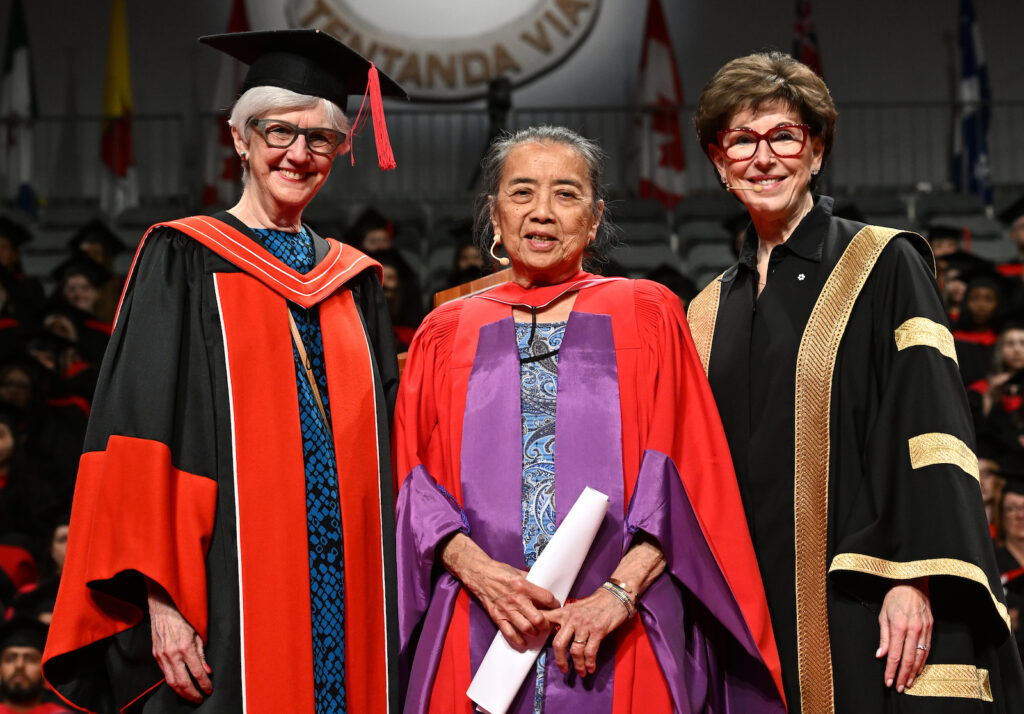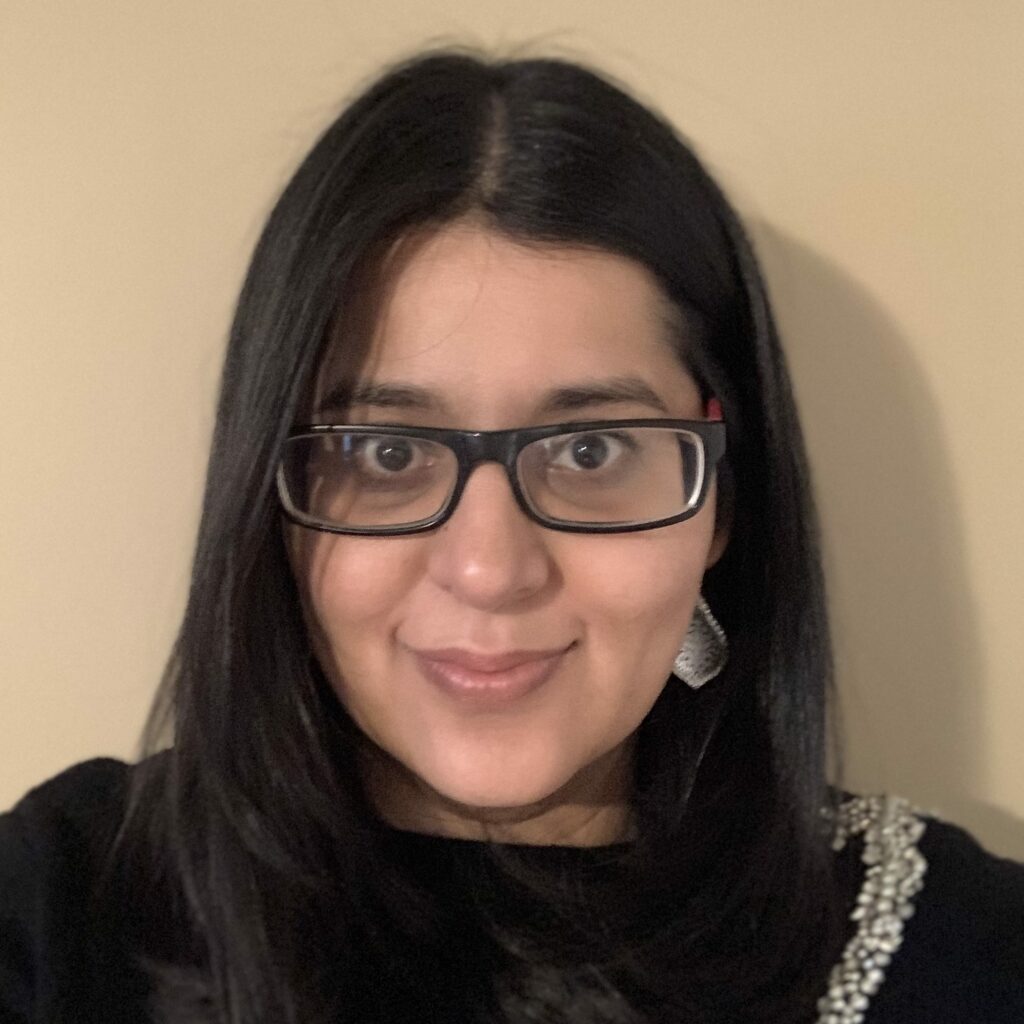The Schulich School of Business at York University announced the launch of the Schulich Venture Academy – a new talent upskilling program for tech professionals featuring a star group of program directors from Canada’s startup ecosystem.
The Schulich Venture Academy will launch four Schulich Masterclass Venture Certificates focused on leadership roles, identified by Schulich and its faculty, industry advisors and alumni as crucial to fuelling the country’s next wave of tech ecosystem growth.
The inaugural four Masterclass Venture Certificates and program directors are:
Schulich Masterclass Certificate in Venture Finance with Leen Li, CEO at Wealthsimple Foundation and former CFO at Wealthsimple
Li will focus on teaching the next generation of finance professionals how to scale a venture-backed company and says: “After a long career, I am honoured to contribute my expertise through the Schulich Venture Academy. Scaling start-ups is a nuanced and complex process, which needs leaders in finance, operations and more to be nurtured in their specific roles.”
Schulich Masterclass Certificate in Venture Talent with Jenny Do Forno, head of talent at OMERS Ventures, which boasts $1.8 billion under its management
Do Forno will work with talent people professionals to teach them advanced strategies for attracting, retaining and developing talent in a venture-backed company and says: “This new Academy has the potential to have a deep impact on Canada’s startup ecosystem. People and talent strategies play a pivotal role in creating standout Canadian companies and, as a veteran in the industry, I feel privileged to be part of building the next generation of talent leaders.”
Schulich Masterclass Certificate in Venture Operations with Izabella Gabowicz, vice-president of operations at Q2 and former COO at Sensibill, which raised $57 million and was acquired last year
Gabowicz will work with professionals in operations to dig deeper into the metrics, systems and strategies required to scale operations in a venture-backed company and says: “As an operator who’s lived through raising, scaling and selling a startup, I can attest that having the right talent who understands these needs is critical. In being a part of this national initiative to educate our future leaders, I look forward to giving back and cultivating the next generation of Canadian startup talent.”
Schulich Masterclass Certificate in Venture Capital with Prashant Matta, general partner at Panache Ventures and one of Canada’s most highly regarded venture capitalists (VC)
Matta will work with aspiring and growth-minded VC professionals to take their investing and career strategies to the next level and build the next generation of Canadian VC talent to support venture-backed firms across the country. Says Matta: “I’m thrilled to be part of the Schulich Venture Academy, which is committed to changing the way we develop startup talent. As one of Canada’s most active early-stage VCs, I know this will make a difference in how Canadian startups compete and scale.”
Schulich also announced it will be taking applications of interest for a fifth Masterclass Venture Certificate from potential program directors at its booth at Collision Conference 2023 in Toronto next week.
The Schulich Venture Academy was designed and built by award-winning Schulich Adjunct Professor Chris Carder and Schulich Entrepreneur in Residence and VC Cherry Rose Tan, in conjunction with the top-ranked Schulich ExecEd, which is among the world’s 30 best executive education providers according to the Financial Times.
“The startup ecosystem is filled with so many talented people in crucial supporting roles,” says Tan. “But as a country, we need to elevate and upskill them more effectively by giving them opportunities to learn from and be mentored directly by senior, proven leaders in their fields of expertise and interest. We’ve spent countless hours mapping the Academy out with senior leaders in the innovation economy and asking them what was needed next in order to scale growth. We’re thrilled to make this announcement on the eve of Collision Conference 2023 and start recruiting the first wave of lifelong learners to join the program.”
The Schulich Venture Academy begins classes in October 2023 in small online class sizes (maximum 25 per class) and will feature exclusive in-person networking opportunities with senior leaders in venture finance, venture operations, venture talent and venture capital.
Taught by industry stars with decades of experience, connections and successes under their belts, these programs are not theoretical. Tech professionals will learn strategies, frameworks and tools that can be immediately applied to their organization.
Upon completing a Schulich Masterclass Venture Certificate program, participants will receive a digital certificate credential.
Rami Mayer, the executive director of Schulich ExecEd, adds: “We’re excited to announce that our Academy graduates will celebrate the completion of the program at Schulich ExecEd Centre in downtown Toronto, and privately network with star program directors and other influential leaders from the venture ecosystem. In addition to providing skills and knowledge by way of completing the program, the program’s exclusive events are invaluable to graduates who look to build deeper relationships with marquee business leaders.”
This news follows two recent major tech sector announcements from the Schulich School of Business, including the launch of Canada’s first Tech MBA and the announcement of a joint Venture Studio with OneEleven.
For more information about the Schulich Venture Academy, visit this page.




